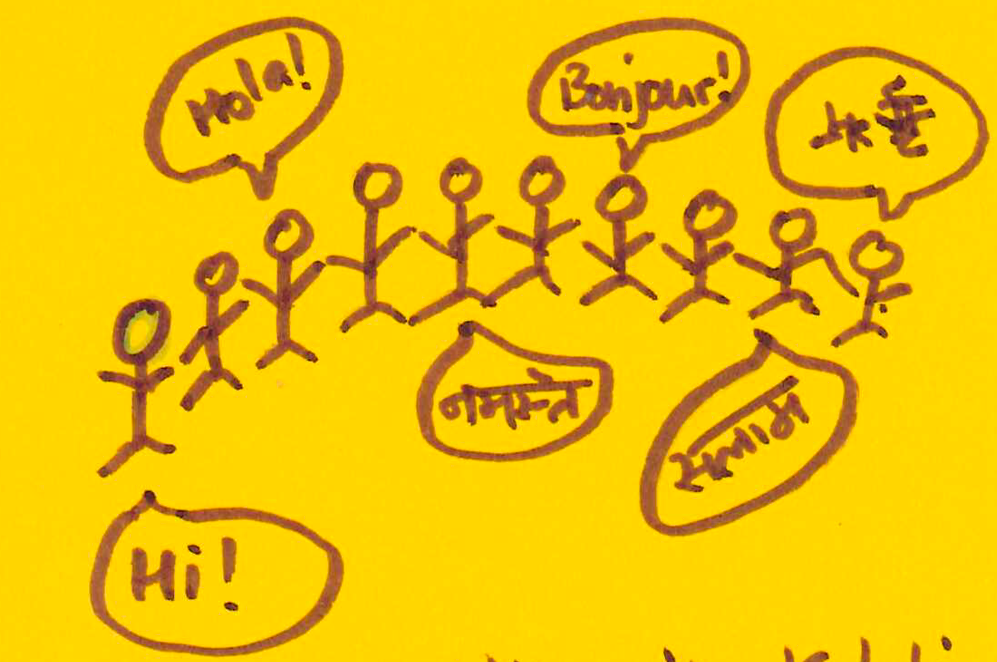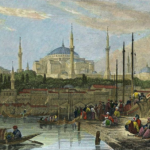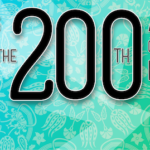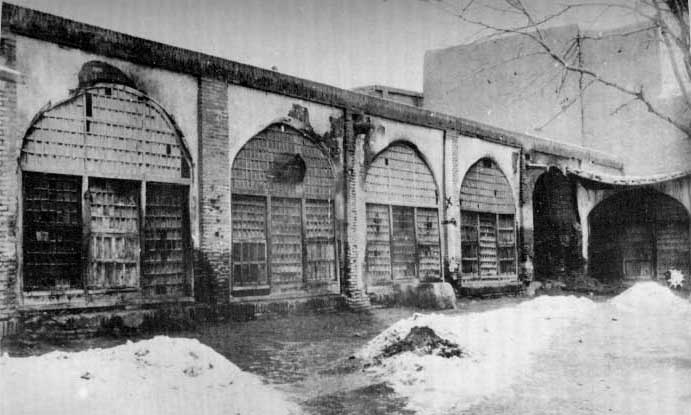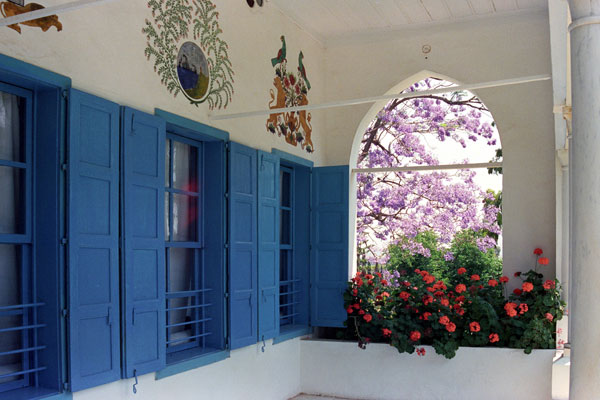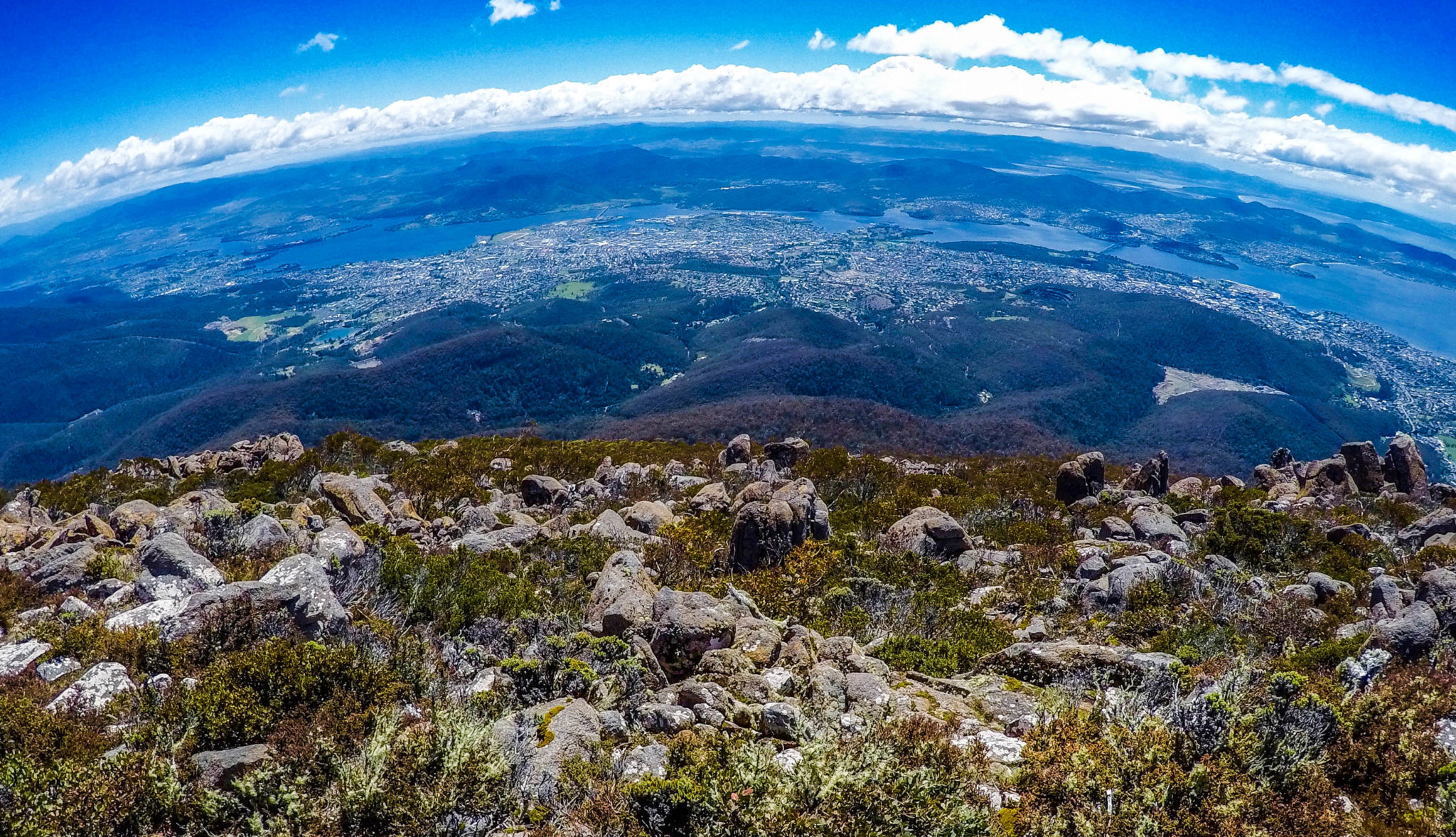
Justice and Fairness to All of Creation

Most of the articles so far in this series have been focussed implicitly or explicitly on human concerns and human relationships. However, Bahá’u’lláh’s writings also draw attention to the relationship human beings have with the natural world of which we are a part.
For example, Bahá’u’lláh draws attention to the obligations that human beings have to animals.
… show kindness to animals….[1]
Burden not an animal with more than it can bear. We, truly, have prohibited such treatment through a most binding interdiction in the Book.[2]
We may think of the concept of “burden” in a narrow sense of direct cruelty to animals; but that Bahá’u’lláh seems to intend more is suggested by the words that conclude the above quote:
Be ye the embodiments of justice and fairness amidst all creation.[3]
As far as the law is concerned, justice “to nature” is largely irrelevant. With a few innovative exceptions, such as the recognition of the legal personality of the Whanganui River in New Zealand, generally speaking the law does not recognise any “rights” in the natural world or any human obligation of fairness to creation. There is (generally speaking) no court of law before which “nature” can bring humanity to justice for the injuries inflicted on it.
The positing of justice and fairness between humanity and the natural world calls into question how we understand the “material” world.
In this respect there is a deep incoherence in the materialistic ethos of our times.
On the one hand we worship the material. We make it the primary goal of human activity, measuring human “success” and even “welfare” by the accumulation and consumption of “matter”.
On the other hand we have rendered the material world a kind of “other” (as per Martin Luther King’s reflection on Martin Buber’s insight; we substitute an “I-It” relationship for “I-Thou”). We think of nature as an inanimate, lifeless, worthless thing — an object to be used. A thing primarily of value as something to be exploited for human benefit.
In the following thought, Bahá’u’lláh invites us to see the world as a “speaking self”, a “book” of creation which is in conversation with us.
Look at the world and ponder a while upon it. It unveileth the book of its own self before thine eyes and revealeth that which the Pen of thy Lord, the Fashioner, the All-Informed, hath inscribed therein. It will acquaint thee with that which is within it and upon it and will give thee such clear explanations as to make thee independent of every eloquent expounder.[4]
This “communicative” property of nature is further explored in the concept that nature has embedded within it “signs”. Such signs (we may think of letters or words as signs) are symbols of divine communication.
Whatever is in the heavens and whatever is on the earth is a direct evidence of the revelation within it of the attributes and names of God, inasmuch as within every atom are enshrined the signs that bear eloquent testimony to the revelation of that most great Light…. How resplendent the luminaries of knowledge that shine in an atom, and how vast the oceans of wisdom that surge within a drop![5]
In the following, Bahá’u’lláh meditates on messages communicated by “signs” in creation:
Every time I lift up mine eyes unto Thy heaven, I call to mind Thy highness and Thy loftiness, and Thine incomparable glory and greatness; and every time I turn my gaze to Thine earth, I am made to recognize the evidences of Thy power and the tokens of Thy bounty. And when I behold the sea, I find that it speaketh to me of Thy majesty, and of the potency of Thy might, and of Thy sovereignty and Thy grandeur. And at whatever time I contemplate the mountains, I am led to discover the ensigns of Thy victory and the standards of Thine omnipotence.[6]
A sharp dichotomy between the “sacred/spirit” and the “profane/matter” dissolves in this understanding of nature. “Mere matter” is intimately connected with the divine. It is far more than “object” or “resource”. Far more than “it”. The material world is the matrix and mirror of the spiritual.
What does it mean to be “just” and “fair” to a creation with which we are intimately entwined and which speaks to us of divine qualities — qualities such as love, mercy, beauty, power, grandeur, knowledge?
This article is the 34th in a series of what I hope will become 200 articles in 200 days for the 200th anniversary of the birth of Bahá’u’lláh. The anniversary is being celebrated around the world on 21 and 22 October 2017. The articles are simply my personal reflections on Bahá’u’lláh’s life and work. Any errors or inadequacies in these articles are solely my responsibility.
